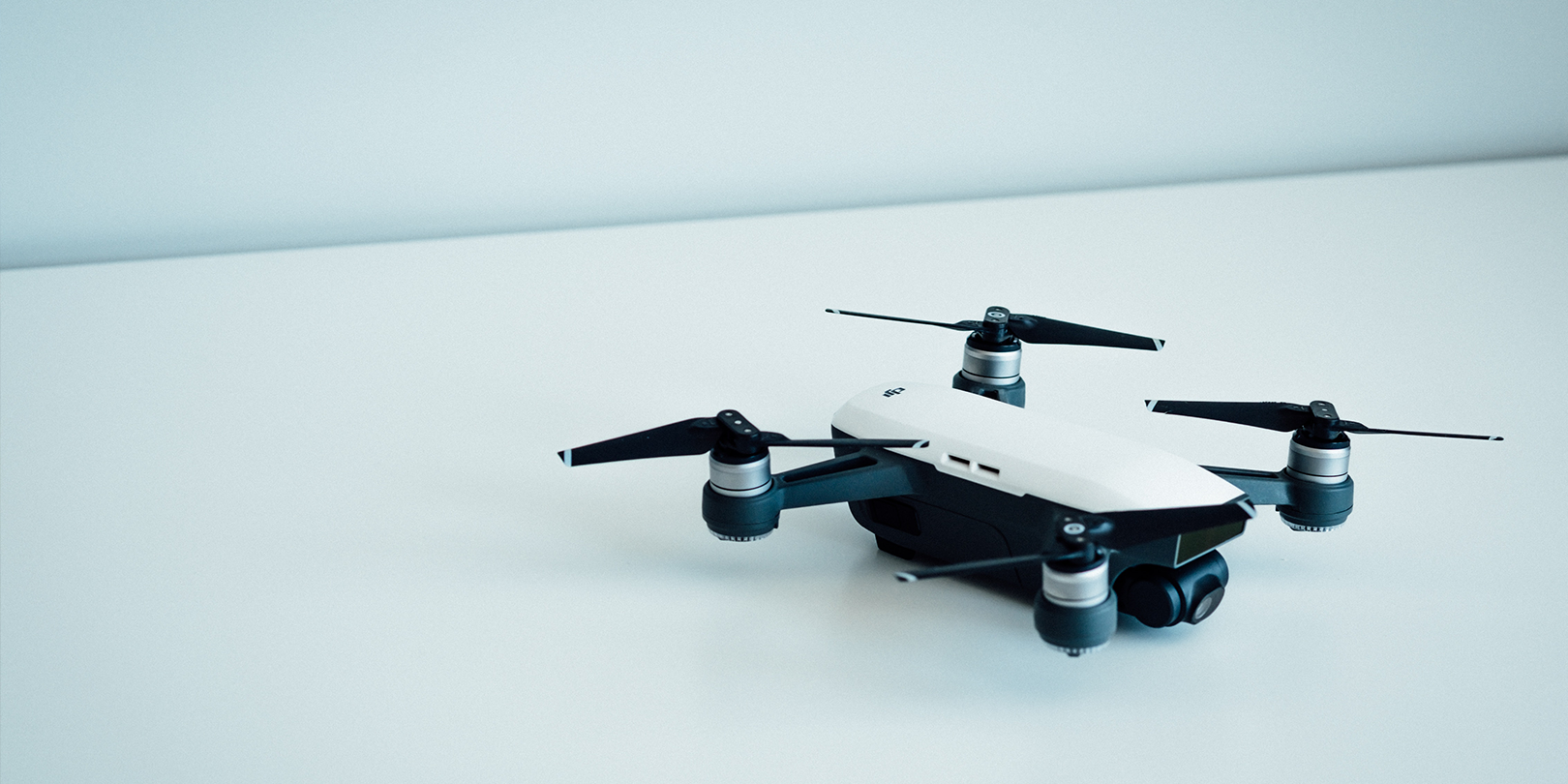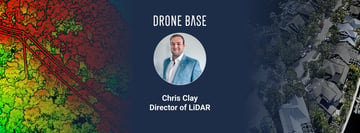The insurance industry has a reputation for reluctance to adapt to technology changes quickly...or not at all. I get it, the industry is comprised of folks that work day in and day out to understand and avoid risk.
Yet, in recent years rapidly that stereotype is changing. AI, telematics, robotic process automation and many other advancements are becoming more common place within the walls of insurers across the country. One trend that is starting to gain traction yet isn’t as widely adopted today is drone technology.
Why is the industry still slow to adopt a technology that honestly brings such incredible value?
Is it fear of replacing the work of inspectors and/or adjusters?
Is it a trust or privacy concern?
Are drones just too expensive?
Perhaps not understanding how best to incorporate drone capabilities into the current processes of the insurer?
Or is it reluctance to the actual change and the feeling that bringing drone’s into the process removes the human interaction between the insurers and the customer even more?
What we do know is that none of the above concerns are real and probably any others are a bit bogus as well and I’m going to share why. By sharing my personal experience seeing drones in action and providing the feedback from those insurers using Drones today that tells a much different story.
First, the imagery the drone provides still doesn’t replace the work of the inspector or adjuster. The education and skills that these folks have is necessary to properly evaluate a property. Drones just make the work they do today better and safer by giving them views of property that they couldn’t have seen before and keeping them safely on the ground off of roofs and ladders. This alone is a no brainer for why drones should be utilized more often than not.
Trust is earned, not given and drones have been utilized for years in military operations and in multiple industries providing excellent trusted returns and actually saving lives. And given such the FAA has taken things a step further by providing proper training and certification to drone pilots to ensure that privacy concerns are considered and addressed. If you are using a drone service provider (DSP) like DroneBase or purchasing drones for your teams you’ll know that drones have been proven to work as well training and rules are in place to provide that trust and security that brings up concern.
This brings me to another concern, cost. Drones are proven to cut into the 11% on average of every premium dollar for administrative costs an insurer takes on. Using a DSP is the least expensive method for getting the highest rate of return out of drone imagery. This imagery can be fed right into existing claims or property analytics platforms that an insurer has in their existing technology stack. Making it the most ROI positive drone program available today.
Yet for some, a DSP may not be the only solution and an insurer could look to take on ownership of drones and equip them for your staff as well as train them appropriately. Yes, it’s more expensive than a DSP but less costly than you’d think with many high-quality drones from manufacturers such as DJI starting in the $800- $1,200 price range. For the impact of keeping people safe and providing excellent image quality of the property a drone programs ROI is immediate.
So let’s tie this all together. Drone inspection imagery enhances the customer experience and helps streamline the policy lifecycle within insurers. The imagery speeds up the property inspection as well as claims processing timelines to as little as 2-3 business days versus the industry standard methods that average 10-15 business days. Which will in turn lead to higher customer satisfaction in the hopes of longer policy retention and further product line adoption.
So I ask again, drones, why the H@#! Not?




.jpg?width=360&name=Banner%20Templates%20(12).jpg)
